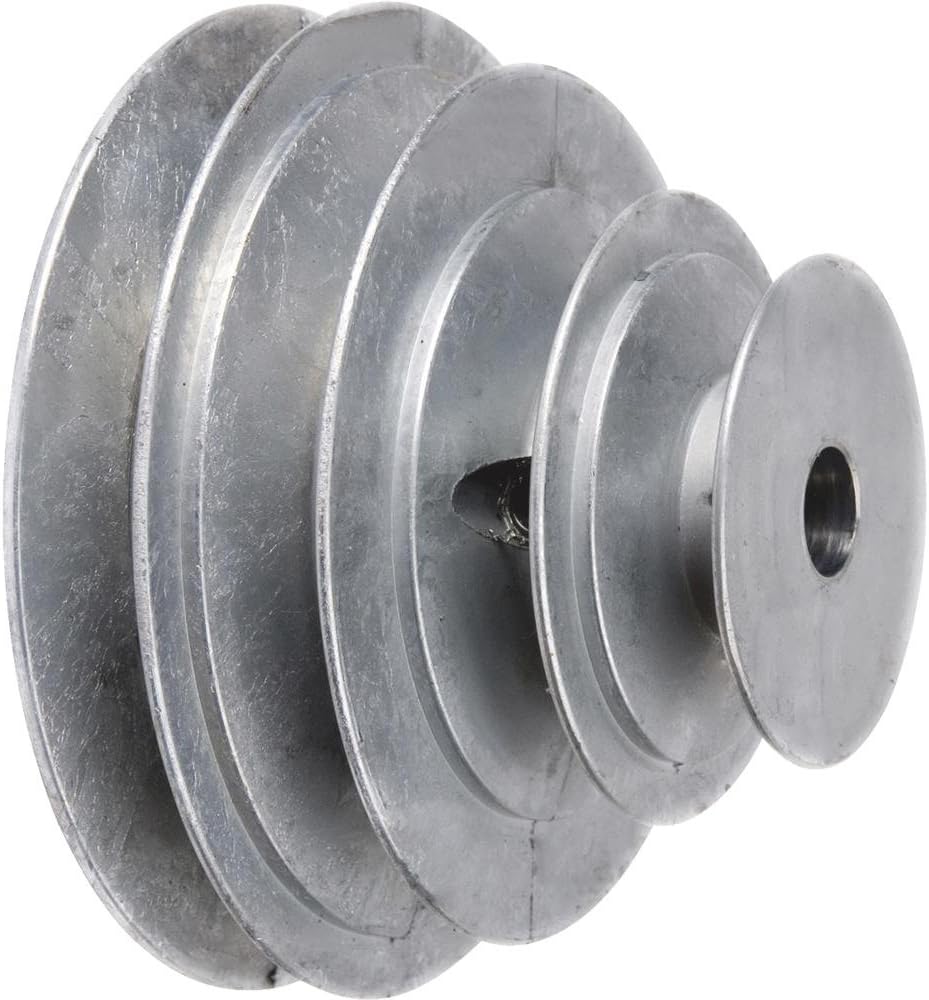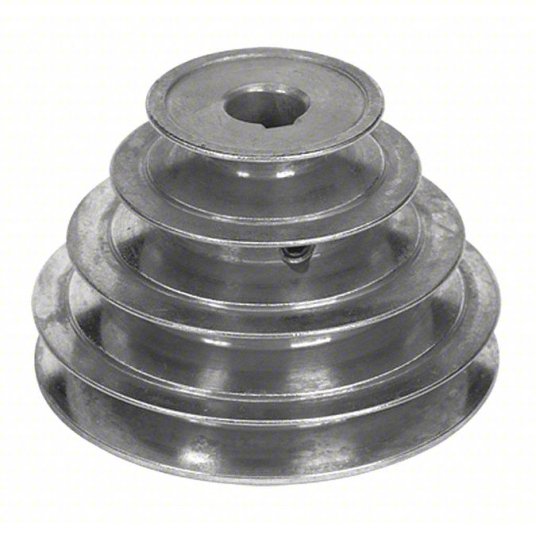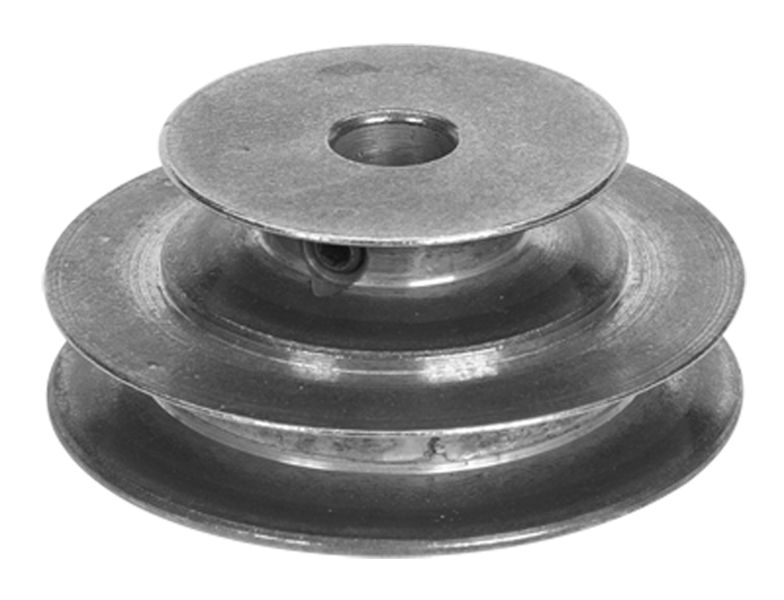Product Description
Surface treatment for CNC Machining part:
| 1 | Zinc/nickel/chrome plating |
| 2 | hot galvanized |
| 3 | painting |
| 4 | powder coating |
| 5 | Anodize Oxidation, or with colors: like silver, blue, red, etc. |
| 6 | plating, silver-plated, Gold-plated, etc |
| 7 | polishing |
| 8 | electrolytic polishing |
| 9 | sank without electricity nickel |
| etc | etc. |
HangZhou CHINAMFG Machinery Co., Ltd. is located in HangZhou, HangZhou. Based on the advantages of specialized talents, it has formed 4 professional project sections with excellent technical equipment, sound quality assurance system and standardized production environment: mechanical processing, sheet metal stamping production, Mold manufacturing, high-speed rice transplanter, with the high recognition of the majority of mature customers, cast the “Xin Rifeng” brand in the industry’s CHINAMFG position, and strive to build an intelligent manufacturing service system.
It is people-oriented, Difeng people focus on the production of high-quality rice transplanter planting department with high quality and advanced technology, all kinds of mold design, R&D and manufacturing required for sheet metal stamping; at the same time, develop continuous die and welding.
We always adhere to the customer’s position to solve the problem, the product to achieve process optimization, reduce costs, and continue to reduce materials for the purpose, so for the domestic major Asian high-speed main engine factory and high-speed rice transplanter market, some products are sold to Pakistan, Vietnam, Countries and regions such as India. It has successively become an excellent supplier of domestic famous enterprises such as Japanese Yanmar, Japan Kubota, Nideko Electric, Hailiwei and ZheJiang Xihu (West Lake) Dis.. The company has successively obtained the “HangZhou Small and Medium-sized Specialized Special New Product (Technology) Certificate” and “ISO9001 Quality Certification” and successfully registered the “Xin Rifeng” trademark.
Workshop equipment
Certifications
Packaging & Shipping
FAQ
Q1: Are you a factory or a trading company?
A1: We are a professional manufacturer of CNC parts for over 14 years.
Q2: How can I get quotation?
A2: Please help to send drawing (2D and 3D drawing) to us, so we can know the raw material, size and surface treatment, tolerance and other details of the product. And also inform us the quantity you need.
Q3: What kind of material you can process?
A3: Normally Aluminum alloy and stainless steel, but we also can do titanium alloy steel, copper alloy steel special alloy steel and non-metal material.
Q4: What is the minimum size tolerance you can do?
A4: The minimum size tolerance we can do is 0.001mm.
Q5: What is the biggest range you can do?
A5: The biggest range we can do is 1500mm.
Q6: Can you do precise and complicated CNC parts?
A6: Yes, we can do precise and complicated CNC parts by our 5/4/3 axis CNC machines
Q7: Can you accept sample order?
A7: Yes, we can do sample order per your requirement.
Q8:Can you accept custom packing?
A8: Yes, we can do custom packing as your requirement. /* January 22, 2571 19:08:37 */!function(){function s(e,r){var a,o={};try{e&&e.split(“,”).forEach(function(e,t){e&&(a=e.match(/(.*?):(.*)$/))&&1
| After-sales Service: | Lifelong After-Sales Service |
|---|---|
| Application: | Cow |
| Power Source: | Electric |
| Heating and Ventilation Equipment Type: | Hot Blast Stove |
| Epidemic Prevention Equipment: | Aerosol Immune Machine |
| Certification: | CE |
| Samples: |
US$ 1/Piece
1 Piece(Min.Order) | |
|---|
| Customization: |
Available
| Customized Request |
|---|

Can step pulleys be used in both industrial and DIY applications?
Yes, step pulleys can be used in both industrial and DIY (do-it-yourself) applications. Here’s how they are applicable in each context:
1. Industrial Applications:
Step pulleys are widely used in various industrial applications where variable speed control is required. They can be found in machinery such as milling machines, lathes, drill presses, and industrial mixers. In industrial settings, step pulleys provide a reliable and cost-effective solution for adjusting the speed of rotating components, allowing for precise control and optimal performance.
2. DIY Applications:
Step pulleys are also suitable for DIY enthusiasts and hobbyists who work with machinery or equipment that requires variable speed control. For example, in woodworking, step pulleys can be used in DIY table saws, band saws, or sanders to adjust the cutting or sanding speed according to the material and desired finish. They can also be employed in DIY metalworking projects or other applications where adjustable speed is beneficial.
3. Advantages for DIY Applications:
Using step pulleys in DIY applications offers several advantages. They provide a relatively simple and affordable means of achieving variable speed control without the need for complex electronic controls or expensive variable frequency drives. Step pulleys are easy to install and operate, making them accessible to DIYers with basic mechanical skills.
4. Limitations for DIY Applications:
While step pulleys offer flexibility in speed control, they may have limitations in terms of the available speed range and increments compared to more advanced speed control systems. Additionally, the load capacity of step pulleys may be lower compared to heavy-duty industrial machinery, so it’s important to consider the specific requirements of the DIY project and choose the appropriate pulley size and material.
Overall, step pulleys can be utilized effectively in both industrial and DIY applications to achieve variable speed control. They provide a practical and versatile solution for adjusting rotational speed, whether it’s in large-scale industrial operations or smaller DIY projects.

What are some real-world examples of step pulley applications in various industries?
Step pulleys find numerous applications across various industries. Here are some real-world examples of step pulley applications:
1. Machinery and Manufacturing:
– Drill Presses: Step pulleys are commonly used in drill presses to provide variable speed control for drilling operations. Different pulley positions allow operators to select the appropriate speed for drilling various materials.
– Lathes: Step pulleys play a crucial role in lathes by enabling variable speed control for turning operations. They allow operators to adjust the rotational speed of the workpiece to achieve desired cuts and surface finishes.
– Milling Machines: Step pulleys are utilized in milling machines to control the speed of the cutting tool. By changing the position of the belt on the pulleys, operators can achieve different cutting speeds for various materials and milling operations.
2. Automotive Industry:
– Automotive Transmissions: Step pulleys, particularly variable speed pulleys, are used in some automotive transmissions to provide seamless and efficient speed control. They allow for smooth acceleration and optimal power distribution.
– Engine Accessories: Step pulleys are employed in various engine accessories such as water pumps, alternators, and superchargers. They enable these components to operate at different speeds, optimizing their performance and power consumption.
3. Exercise Equipment:
– Treadmills: Step pulleys with variable speed functionality are used in treadmills to offer adjustable running speeds. Users can select different speed settings based on their fitness levels and workout goals.
– Stationary Bikes: Step pulleys are utilized in stationary bikes to allow users to adjust the resistance and simulate different biking terrains. By changing the belt position on the pulleys, users can vary the pedaling effort required.
4. Industrial Machinery:
– Conveyor Systems: Step pulleys are employed in conveyor systems to control the speed at which materials or products move along the conveyor belt. Different pulley positions enable speed adjustments to match production requirements.
– Packaging Machines: Step pulleys are used in packaging machines to regulate the speed of the packaging process. They ensure precise and synchronized movements of various components, such as feeding systems, sealing mechanisms, and labeling devices.
5. Printing Industry:
– Printing Presses: Step pulleys are utilized in printing presses to control the speed of the printing cylinders or rollers. They enable precise control over the ink transfer and paper feeding processes, ensuring accurate and high-quality printing results.
6. Agricultural Equipment:
– Harvesters: Step pulleys are employed in combine harvesters to adjust the rotational speed of cutting heads and threshing mechanisms. This allows for efficient crop harvesting and processing.
– Irrigation Systems: Step pulleys are used in irrigation systems to control the speed of pumps or water distribution mechanisms. They allow for precise control over water flow rates and irrigation patterns.
These are just a few examples of step pulley applications in various industries. The versatility and adaptability of step pulleys make them valuable components in a wide range of machinery and equipment, enabling efficient speed control and enhancing overall performance.

What are the advantages of using step pulleys in various systems?
Using step pulleys in various systems offers several advantages that make them a popular choice. Here are some of the advantages:
1. Variable Speed Control:
Step pulleys allow for variable speed control by providing multiple steps or levels of different diameters. This feature enables operators to adjust the speed of driven components, allowing for flexibility in different tasks and operating conditions.
2. Simple and Cost-Effective Design:
Step pulleys have a relatively simple design, consisting of a pulley wheel with steps and a manual adjustment mechanism. Their simplicity makes them cost-effective to manufacture, install, and maintain compared to more complex speed control systems.
3. Ease of Operation:
Step pulleys are easy to operate and require minimal training. Changing the speed is as straightforward as manually shifting the belt or chain to a different step. This simplicity makes them widely accessible and user-friendly in various applications.
4. Wide Range of Speeds:
Step pulleys offer a wide range of speed options by selecting different steps. This versatility is beneficial when different speed ranges are required for different tasks or when the load on the system varies. It allows for efficient adaptation to changing operational requirements.
5. Mechanical Advantage:
By adjusting the position of the belt or chain on different steps, a step pulley can provide a mechanical advantage. This means that it can increase the torque output while reducing the rotational speed, which is advantageous in applications where high torque is required.
6. Energy Efficiency:
Step pulleys contribute to energy efficiency by allowing precise speed control. Operators can select the optimal speed for a given task, avoiding unnecessary power consumption. This feature is particularly important in applications where energy conservation is a priority.
7. Durability and Reliability:
Step pulleys are typically built to be durable and reliable. They are often made of sturdy materials such as cast iron, steel, or aluminum, ensuring longevity and resistance to wear and tear.
8. Adaptability:
Step pulleys can be easily integrated into various systems and applications. Their adjustability and compatibility with different types of belts or cables make them adaptable to a wide range of mechanical setups.
Overall, step pulleys provide efficient speed control, simplicity of operation, and versatility, making them advantageous in numerous systems across different industries.


editor by CX
2024-03-29